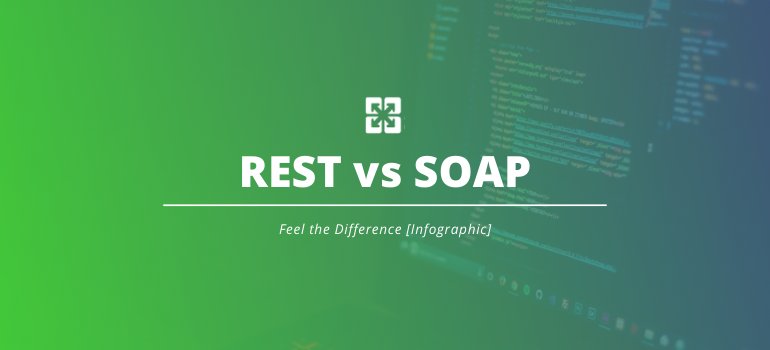


So, the difficulty of using SOAP depends to a large degree on the language you use. It provides a definition of how the web service works, so that when you create a reference to it, the IDE can completely automate the process. This is another file that’s associated with SOAP. Part of the magic is the Web Services Description Language (WSDL). NET languages, you never even see the XML. They can help you reduce the effort required to create the request and to parse the response.

However, other languages can use shortcuts that SOAP provides. In some programming languages, you need to build those requests manually, which becomes problematic because SOAP is intolerant of errors. The XML used to make requests and receive responses in SOAP can become extremely complex. For example, when using a public web service that’s freely available to everyone, you really don’t have much need for WS-Security.ĭifficulty Depends on Programming Language The point is that SOAP is highly extensible, but you only use the pieces you need for a particular task. In fact, you can find a whole laundry list of these standards on Web Services Standards. SOAP is designed to support expansion, so it has all sorts of other acronyms and abbreviations associated with it, such as WS-Addressing, WS-Policy, WS-Security, WS-Federation, WS-ReliableMessaging, WS-Coordination, WS-AtomicTransaction, and WS-RemotePortlets. The XML messaging that SOAP employs works better over the internet.Īfter an initial release, Microsoft submitted SOAP to the Internet Engineering Task Force (IETF) where it was standardized. These technologies fail because they rely on binary messaging. Microsoft originally developed SOAP to take the place of older technologies that don’t work well on the internet such as the Distributed Component Object Model (DCOM) and Common Object Request Broker Architecture (CORBA). SOAP relies exclusively on XML to provide messaging services. Both SOAP and REST rely on well-established rules that everyone has agreed to abide by in the interest of exchanging information. REST as an architecture style does not require processing and is naturally more flexible. The rules in SOAP are important because we can’t achieve any level of standardization without them. While SOAP and REST share similarities over the HTTP protocol, SOAP is a more rigid set of messaging patterns than REST. But it’s still not as standardized as REST and SOAP, so in this article we’re just going to focus on those two.īoth SOAP and REST have issues to consider when deciding which protocol to use. Of course, GraphQL has recently made a huge splash, which we’ve spoken of at length in other articles. It seeks to fix the problems with SOAP and provide a simpler method of accessing web services. REST (Representational State Transfer) is another standard, made in response to SOAP’s shortcomings. Originally developed by Microsoft, SOAP isn’t as simple as the acronym would suggest. SOAP (Simple Object Access Protocol) is a standards-based web services access protocol that has been around for a long time.
#Comparison soap vs rest how to#
And really, they’re just two answers to the same question: how to access web services.īut deciding one over the other can be surprisingly difficult.


 0 kommentar(er)
0 kommentar(er)
